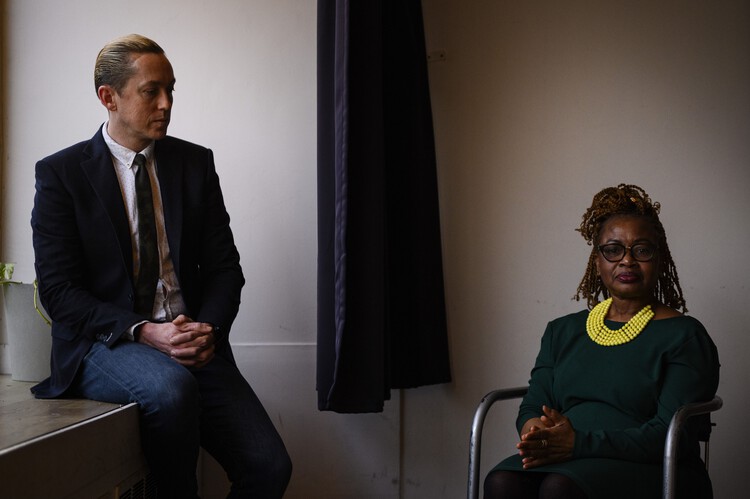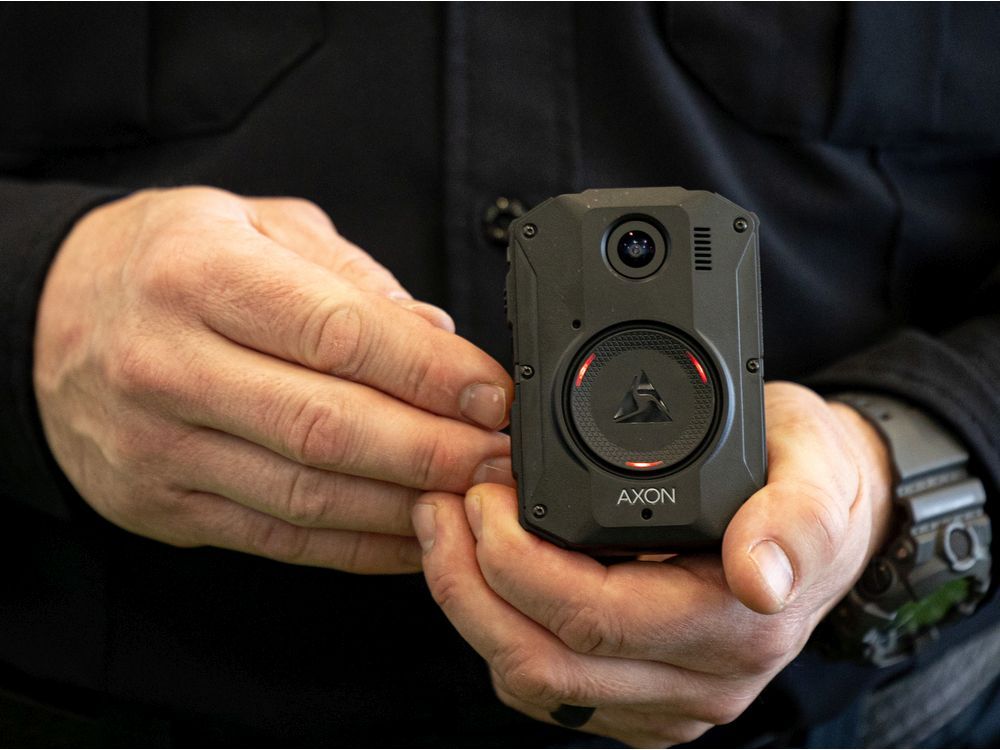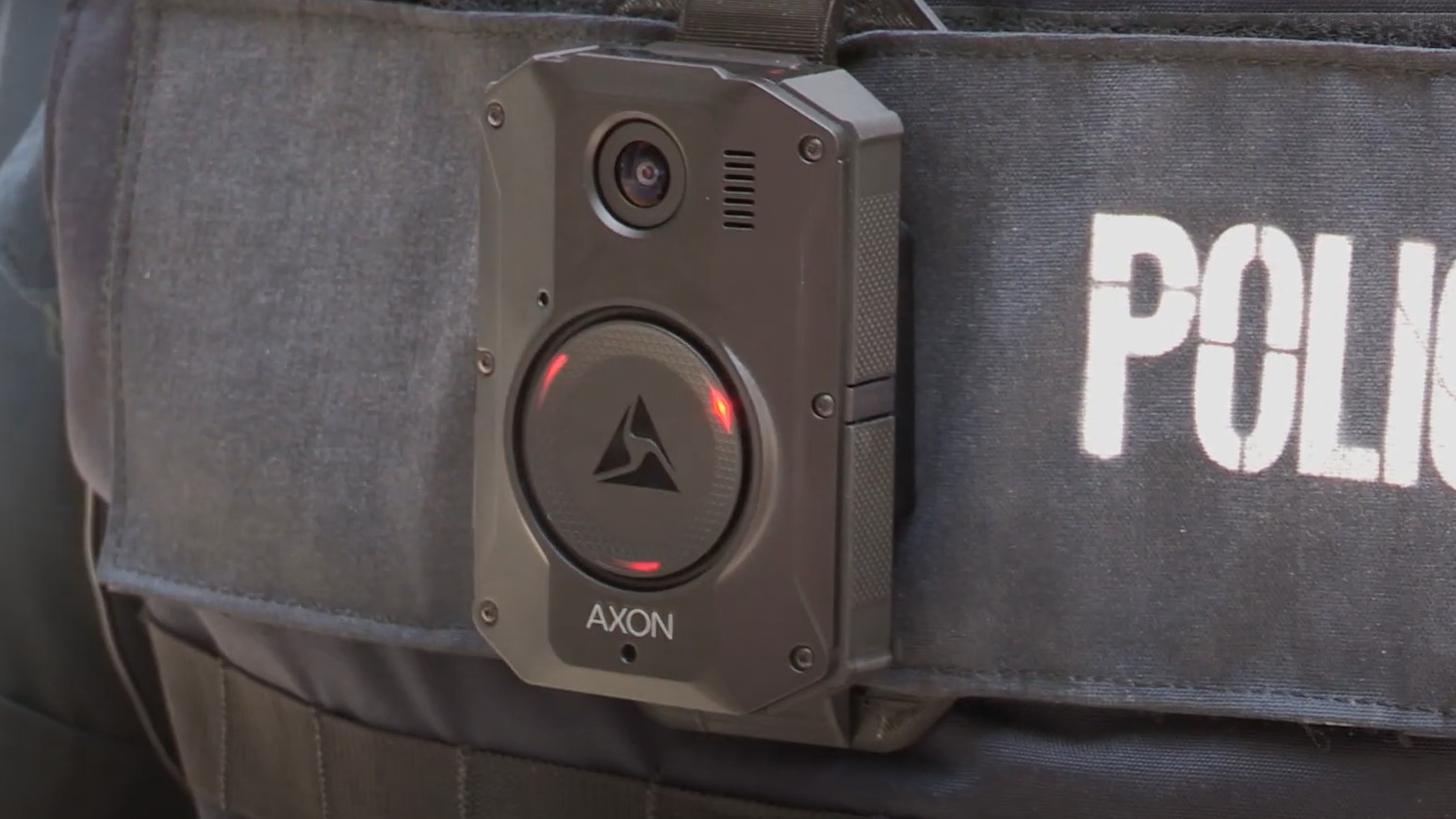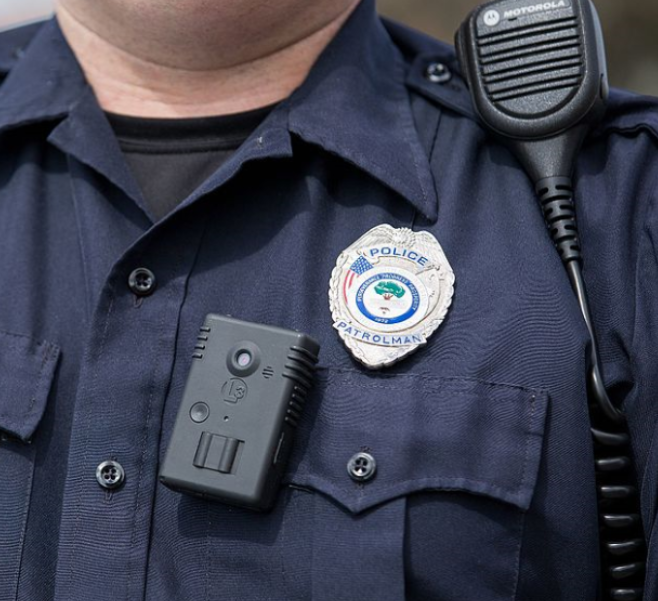When Dave Shellnutt filed a freedom-of-information request to the Toronto Police Service last year for officers’ notes and body-worn camera footage, he already knew what the video would show.
Mr. Shellnutt, managing partner of Toronto law firm the Biking Lawyer LLP, was representing Hasani O’Gilvie, a Black University of Toronto student who alleges three officers mistook him for someone else, tackled him, put a knee on his neck and tasered him in August, 2021. The video, which Mr. Shellnutt has viewed as part of the police complaints process but cannot legally share or describe, is “horrifying and shocking,” he says, and the public deserves to see it.
While Toronto Police eventually shared the officers’ notes with Mr. Shellnutt, they refused to release the footage, which he says DIRECTLY the released officers’ notes. Mr. Hasani’s allegations have not been proven in court.

 apple.news
apple.news
In a letter to Mr. Shellnutt’s firm, a freedom-of-information (FOI) co-ordinator for the police said the video could not be released because “the responsive records are currently related to a labour matter in which our institution has an interest.”
Mr. Shellnutt is appealing the Toronto Police’s decision with Ontario’s Information and Privacy Commissioner. The case will test the police’s reasoning for withholding the body-camera footage requested under FOI.
Body cameras have become increasingly common in North America, and are often touted as a police accountability tool. Strapped to front-line officers’ chests, they can record hours of continuous footage.
But as the United States reels from video of Tyre Nichols’s fatal police beating, experts warn that Canadian citizens looking to obtain this kind of footage are likely to face very different challenges from their American counterparts. This is largely because of the broader nature of Canadian privacy law, which allows police forces to withhold videos they may not want released in the first place.
Scot Wortley, a University of Toronto professor at the Centre for Criminology and Sociolegal Studies, said that body cameras are “not a panacea,” but could be a useful accountability tool – if the public is able to access the videos.
Currently, police often act as if they own the footage, and this benefits the police services, he said. In some cases, forces have released video that depicts them in a positive light without the permission of the civilians involved in the case.
“There seems to be a definite pro-police policy with respect to when this information can be released,” Prof. Wortley continued. “It’s released strategically, when it supports police interests. But if it makes the police look bad, then that video footage is going to be held back.”
Brenda McPhail, a privacy, technology and surveillance expert with the Canadian Civil Liberties Association, said that Toronto Police’s reasoning for withholding the video – that it was part of a continuing labour matter – was “fundamentally contradictory and a bit hypocritical,” and a “really crafty way” of getting around requirements under Ontario’s freedom-of-information law.
In many cases, people filing FOIs for police body camera footage will be aggrieved in some way, Ms. McPhail said, and those grievances could very well result in internal labour issues for the officers in question.
Mr. Shellnutt believes the video will eventually become public, either through the police complaints process, the FOI appeal or through civil litigation he is undertaking on behalf of Mr. O’Gilvie and his mother, Christine. It will take a while, however: At the earliest, he expects this could happen in early 2024.
Until then, the police will “fight tooth and nail” to hold back the video, he said.
“I think that where body-camera footage is going to damage the reputation of the police, they will fight it at all costs,” he said. “They have unlimited resources to do so.”

 thestarphoenix.com
thestarphoenix.com

 toronto.citynews.ca
Canadians are watching as footage from U.S. officers’ body-worn cameras are released days, or even hours, after police have shot and killed people of colour.
toronto.citynews.ca
Canadians are watching as footage from U.S. officers’ body-worn cameras are released days, or even hours, after police have shot and killed people of colour.
But in Toronto, even as more police wear cameras, experts say it’s unlikely the public here would ever see video that fast – if at all.
Mr. Shellnutt, managing partner of Toronto law firm the Biking Lawyer LLP, was representing Hasani O’Gilvie, a Black University of Toronto student who alleges three officers mistook him for someone else, tackled him, put a knee on his neck and tasered him in August, 2021. The video, which Mr. Shellnutt has viewed as part of the police complaints process but cannot legally share or describe, is “horrifying and shocking,” he says, and the public deserves to see it.
While Toronto Police eventually shared the officers’ notes with Mr. Shellnutt, they refused to release the footage, which he says DIRECTLY the released officers’ notes. Mr. Hasani’s allegations have not been proven in court.
Police body cameras are touted as an accountability tool. But getting the footage is a challenge — The Globe and Mail
Experts warn that the broad nature of Canadian privacy law allows police forces to withhold videos they may not want released
In a letter to Mr. Shellnutt’s firm, a freedom-of-information (FOI) co-ordinator for the police said the video could not be released because “the responsive records are currently related to a labour matter in which our institution has an interest.”
Mr. Shellnutt is appealing the Toronto Police’s decision with Ontario’s Information and Privacy Commissioner. The case will test the police’s reasoning for withholding the body-camera footage requested under FOI.
Body cameras have become increasingly common in North America, and are often touted as a police accountability tool. Strapped to front-line officers’ chests, they can record hours of continuous footage.
But as the United States reels from video of Tyre Nichols’s fatal police beating, experts warn that Canadian citizens looking to obtain this kind of footage are likely to face very different challenges from their American counterparts. This is largely because of the broader nature of Canadian privacy law, which allows police forces to withhold videos they may not want released in the first place.
Scot Wortley, a University of Toronto professor at the Centre for Criminology and Sociolegal Studies, said that body cameras are “not a panacea,” but could be a useful accountability tool – if the public is able to access the videos.
Currently, police often act as if they own the footage, and this benefits the police services, he said. In some cases, forces have released video that depicts them in a positive light without the permission of the civilians involved in the case.
“There seems to be a definite pro-police policy with respect to when this information can be released,” Prof. Wortley continued. “It’s released strategically, when it supports police interests. But if it makes the police look bad, then that video footage is going to be held back.”
Brenda McPhail, a privacy, technology and surveillance expert with the Canadian Civil Liberties Association, said that Toronto Police’s reasoning for withholding the video – that it was part of a continuing labour matter – was “fundamentally contradictory and a bit hypocritical,” and a “really crafty way” of getting around requirements under Ontario’s freedom-of-information law.
In many cases, people filing FOIs for police body camera footage will be aggrieved in some way, Ms. McPhail said, and those grievances could very well result in internal labour issues for the officers in question.
Mr. Shellnutt believes the video will eventually become public, either through the police complaints process, the FOI appeal or through civil litigation he is undertaking on behalf of Mr. O’Gilvie and his mother, Christine. It will take a while, however: At the earliest, he expects this could happen in early 2024.
Until then, the police will “fight tooth and nail” to hold back the video, he said.
“I think that where body-camera footage is going to damage the reputation of the police, they will fight it at all costs,” he said. “They have unlimited resources to do so.”

What recent privacy commission decisions can tell us about public requests to access police body cam footage
The Sask. privacy commissioner made recommendations after someone's request for footage of their conversation with an officer was denied.

Toronto may never see body-worn camera police footage
In Toronto, even as more police wear cameras, experts say it’s unlikely the public here would ever see video quickily – if at all.
But in Toronto, even as more police wear cameras, experts say it’s unlikely the public here would ever see video that fast – if at all.



